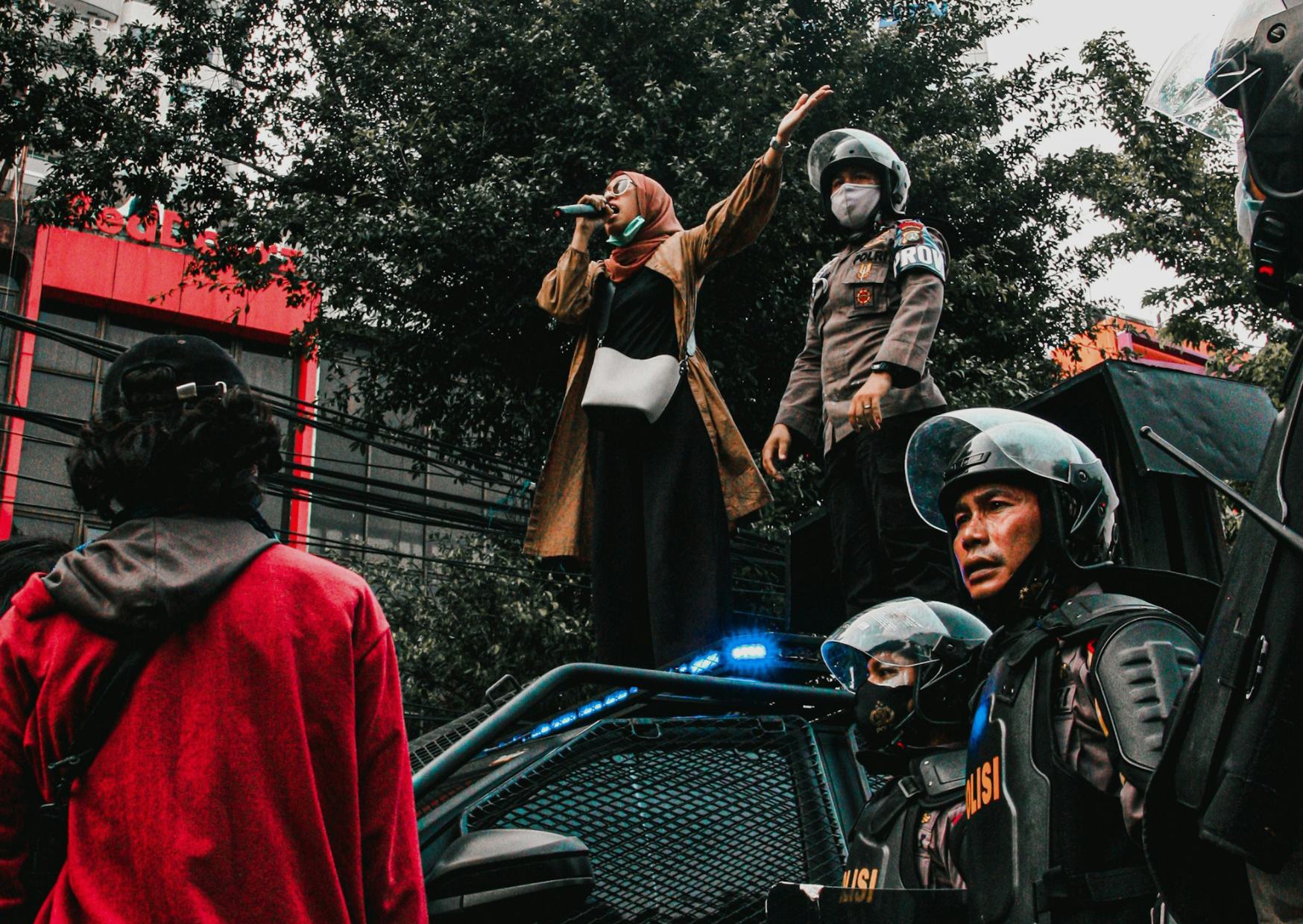Written by Faye Simanjuntak
Malaysia’s National AI Roadmap reveals tension between its stated ambitions and the industrial reality taking shape. Although Malaysia has courted notable investments into AI datacentres, there is limited focus on cultivating the upstream capabilities that Malaysia identifies as central to its long-term competitiveness.
Read More
















